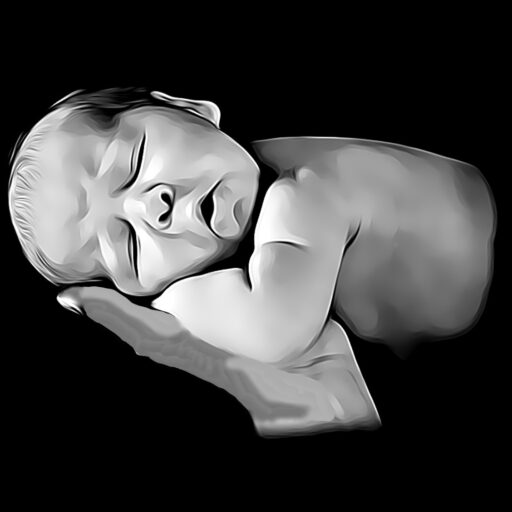Published originally at Common Dreams on March 23, 2023 under Creative Commons CC BY-NC-ND 3.0 license
I read the news—invasion of Iraq! twentieth anniversary!—and struggle to transcend the abstraction of my remorse. A million killed? Half a million? The mortality stats vary depending on the source’s politics.
But beyond the numbers looms an indifference that defines what is called “news.”
“Today, 20 years after the president ordered the airstrikes that rained down on Baghdad on the night of March 20, 2003, the war is widely seen in Washington’s power centers as a lesson in failed policymaking, one deeply absorbed if not thoroughly learned.”
Just reading those words—a paragraph in aNew York Times analysis of the invasion, two decades later—instantly turns a citizen into a spectator. A lesson of failed policymaking! We’re talking about murdering children, for God’s sake, annihilating a social structure, driving millions of people out of their homes and shattering their lives. Somehow the term “failed policymaking” doesn’t do it justice.
And here I am, a writer, a journalist, still wandering through this vast desert of media indifference: the abstraction of human (and all) life into the game of strategic maneuvering, also known as war. Finally it’s up to the policymakers whether “the other” lives or dies, and the media lives with this. That’s just the way it is—no matter that so many vets wind up committing suicide.
That’s called post-traumatic stress disorder, of course—emphasis on the word “disorder.” More abstraction! For some reason they became mentally ill during their service; the VA needs to fix them. Any questions?
The non-mainstream—i.e., marginalized—term for PTSD is moral injury: a wound to the soul. Why were they so wounded?
“The most serious blind spot in the reporting on military suicides is an absence of discussions about the moral impact of military training and its implementation in combat,” according to the Brite Divinity School, an organization that works with morally injured vets (I quoted them a decade ago). “Soldiers are trained to kill. . . .”
The point I’m trying to make here is that dehumanization, followed by killing, reaps monstrous karma for everyone. And this is utterly and completely ignored in the mainstream media’s reportage of war. Participating in a war is the essence of “serving your country”—no matter what your country may ask you to do. It’s time to stop playing this game. As I write these words, I am speaking directly to the media—to every individual reporter: Defy the groupthink! Write the truth!
And the truth begins with the value of every person’s life.
I acknowledge that this is complex. Sorry, there’s no way around it. Indeed, as I wander in the desert of political abstraction, I find my belief in and connection to journalism—to writing itself—starting to disintegrate. It’s too easy to build and maintain a false world: one allegedly controlled and run by policymakers, rather than continually created in the moment as we live our lives.
When my wife died of pancreatic cancer—many years ago now—that’s when, as I have mentioned in previous columns, the narrative of my life crashed. I had a 12-year-old daughter to raise, so I couldn’t just shrug and surrender to grief and somehow recreate myself. I had to keep living a normal life. But I started writing poetry. That became the only sort of writing that could engage me: reaching into the unknown, reaching for fragments of new understanding.
Here’s a memory: It was about ten months after her death. And it was her birthday. I was swimming in a poem called “Bubble Bath”—the name a reference to a silly nickname that she had, a play on her actual name: Barbara Beth. The poem was about both her absence and her presence. I was stunned at the how shaken I was by the arrival of her birthday, and I wrote:
. . . My hand closes on yours
and I watch your birthday
come round again
with the mute loyalty
of a riderless horse.
I toss this fragment in for one reason only: This was literally a day’s effort. I spent an entire day trying to describe my feelings as her birthday came. When I finally found the words, I was overjoyed. The effort was worth it. This is how “Bubble Bath” ends:
. . . For you, O Bubble Bath,
my missing blue-eyed rider,
I sing the song
and make the wish,
but I can’t
blow out the candles.
And now, back to Iraq. Back to war itself. Every lost soul matters. And while I realize reporting on war in such a way would be impossible, I can hardly tolerate less than that. It’s one thing to reduce life to an abstract statistic, but far more problematic is quietly aligning with the world of the policymakers and accepting murder—war, especially the unprovoked kind—as a necessary facet of national, let alone human, security.
